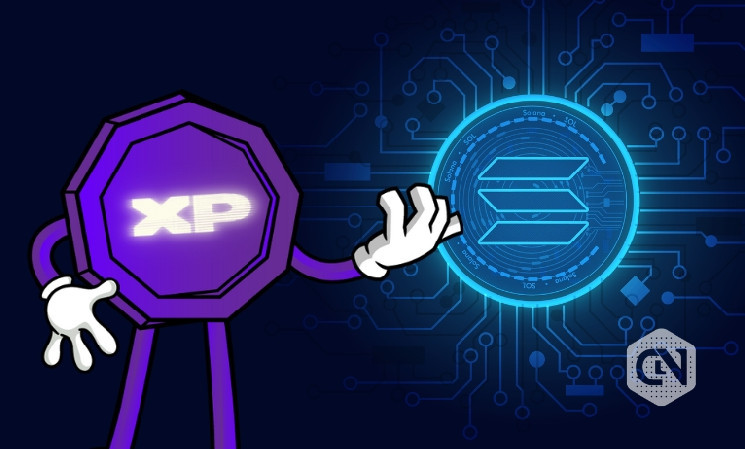
A new, fresh face has arrived in town to threaten the previously established status quo in the event ticketing market, and his name is XP. It uses advanced technology in the Solana blockchain realm to disrupt the industry through innovation.
For years, Ticketmaster has been known for charging extremely high and hidden fees, and both consumers and artists have criticized the company’s behavior, which results in a considerably more expensive ticket purchase than the apparent nominal price. Furthermore, the corporation was accused of a lack of openness in its operations, which added to displeasure. In the consumer world, this is known as the “Ticketmaster problem.”
XP, an innovative ticketing platform, attempts to confront the problems directly. Utilizing blockchain technology to offer a more transparent, efficient, and cost-effective alternative to the ticket buying and selling process distinguishes the XP platform. The XP platform is powered by the Tamperproof protocol, implemented on top of the Solana blockchain.
Thus, the tickets’ codes are encrypted and stored as non-fungible tokens (NFTs), referred to as “tpNFTs” (tamperproof NFTs), via the Tamperproof protocol. This cryptographic seal prevents unauthorized access to the ticket codes and remains unbroken until the ticket holder intends to breach it. The novelty lies in the fact that the ticket remains genuine and undamaged throughout all handling.
Due to the fact that each ticket is an NFT, XP’s platform facilitates the smooth transfer of tickets between buyers and vendors. However, in addition to being more secure, it also maintains transparency by documenting the entire process from ticket issuance to redemption. Buyers and sellers may now transact with greater confidence, knowing that their history is verifiable and that fraud is being prevented.
According to the Solana forecast, two of the key benefits that Solana provides to its users are transparency and validation. Every transaction will be documented in the public ledger, which is accessible in real-time at all times. This effectively addresses a primary concern in the secondary ticket market, namely the frequent scrutiny of authenticity, by rendering the ticket and its history readily verifiable by any individual.
XP’s revolutionary approach has far-reaching consequences. This means that by providing a blockchain-based alternative, XP not only addresses the issue of exorbitant costs charged by traditional ticket suppliers, but also provides users with greater transparency in the ticket-obtaining process. The integration of USDC, a stablecoin with a one-to-one peg to the US dollar, enables transactions to be completed without being exposed to the volatility typically associated with cryptocurrencies.
According to the most recent data, the XP has a large inventory of over 34 million tickets covering more than 110,000 events. This can give potential attendees a wide number of concert and sports event options, matching or surpassing traditional ticketing giants.
XP’s effort confirms the potential for the application of blockchain technologies to reshape businesses that are now inefficient and customer-dissatisfied. The company’s approach focuses on the same essential issues: security, authenticity, and transparency.
Incorporating blockchain technology into everyday applications like event tickets signals a trend toward user-centric business models. An endeavor like XP depicts a picture of technology amalgamation for practical use in restoring power to consumers and artists.
XP is overcoming the “Ticketmaster problem” and redefining tickets for the digital age by pioneering Solana’s blockchain and Tamperproof technology.
